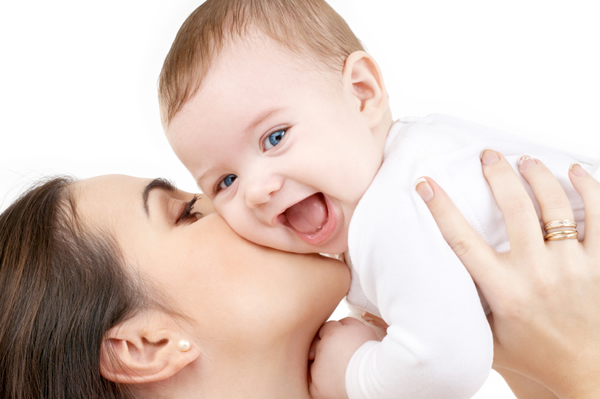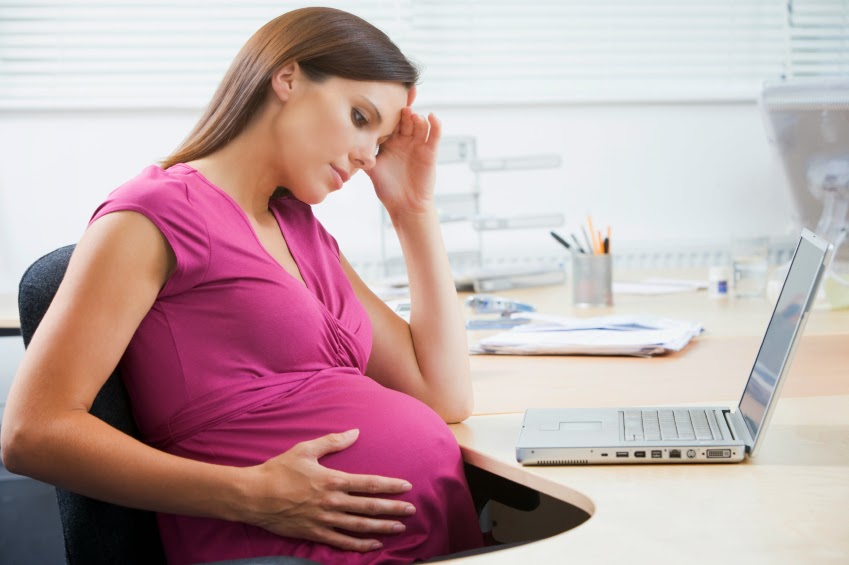
When is the right time to begin a new family? Most of the experts say that there’s no such thing called right time. However, there are both benefits and drawbacks to giving birth at different ages. Let us go through various ages: When you are in your 20’s, though you might not have many financial resources, you will have the energy to run after you child and give enough care and attention. When you are in your late 30’s and 40s, you may be more financially settled, but have a difficult time getting and staying pregnant and, afterwards, keeping up with an active baby and toddler.
You were born with about a million of eggs, and at puberty, you’ll have had nearly 300,000 eggs left. Though you have all these eggs, only around 400 will be discharged from your ovaries during the years that you have periods.
Physically, your body is primed for pregnancy and its demands. Fertility is high and the chances of complications, like hypertension or gestational diabetes, is quite low. Researchers understand that the younger a woman is when her first baby is born, the lesser her lifetime breast cancer risk is, although the exact mechanism is unknown.

When you look it from a biological point of view, your 20s are the safest years for conceiving and carrying a baby. Your fertility will apparently peak when you’re in your mid-20s. You may conceive faster. The irregular cycles norm in your teenage years has evened out, so ovulation will be more anticipated. Additionally, your eggs (you’re born with all you’ll have) are fresh and healthy, making them good candidates for fertilisation
While younger skin is usually more resilient than older skin, whether you’ll grow stretch marks is largely defined by genetics.
As you get older, your ovaries and eggs age simultaneously with the rest of your body. For that reason, while you’re younger your eggs are less expected to have structural problems (chromosomal abnormalities). Chromosomal abnormalities can result in diseases like Down’s syndrome.
In your 20s, you’re less likely to experience a miscarriage. Sadly, early miscarriage is quite common. The good news is, the younger you are, and the lower is your risk. The chance of miscarriage rises as you get older.
Your joints have been subjected to minimum wear and tear, and you’re likely in the peak condition of your adult life, possibly years away from medical problems that may arise with increasing age.
More immediately, you’ll benefit from boatloads of youthful energy.
And if you’re young, chances are your parents are, too — meaning more hands-on help for you and more fun times for your children.
In your 20s, you’re less prone to have other health requirements, such as fibroids and endometriosis. Both these forms can become more of a problem over time.
You may find being pregnant easier in your 20s. Your age means you’re likely to enjoy a trouble-free, healthy pregnancy. You’re less likely than women over 35 to have high blood pressure, diabetes, a premature baby and a low-birth-weight baby.
When you’re in your 20s, you may still be thinking about a career path. If you get down off this road to have a baby, it can be hard to get back on track. Even if you go right back to work after having children, you’re expected to earn less than women who don’t become mums. That prospect can be a powerful incentive for some women to stop pregnancy.
While having a child in your 20s may be biologically the real time, it may not be so for your family finances. For example, you may not have had time to pay off student debts.

Having a child can also be difficult in your relationship if you’re younger. It’s easy to feel like the early stages of a baby’s life go on forever. This especially may be the case if your baby is a poor sleeper or cries a lot. An older couple, more experienced in life, may find it easier to keep these problems in perspective.
In your 20s, as well as investigating your career, you may be enjoying lots of nights out, or cheerful holidays. You may find you are just unprepared for the ‘offerings’ parenthood requires.
There are also some differences in the ways younger parents and older parents teach their children and deal with disruptive conduct. Younger parents tend to be more laid-back regarding bad behaviour than older parents. This doesn’t mean that the children of young parents badly behave. It’s just that some behaviour problems may be more common for younger families.
If you don’t get pregnant right away, try to ease and keep trying. Time will be very much on your side while you’re in your 20s. If you do not become pregnant within a year of having unprotected sex, two or three times a week, then it is better to see your doctor.
It is the most powerful creation to have life growing inside of you.There is no bigger gift